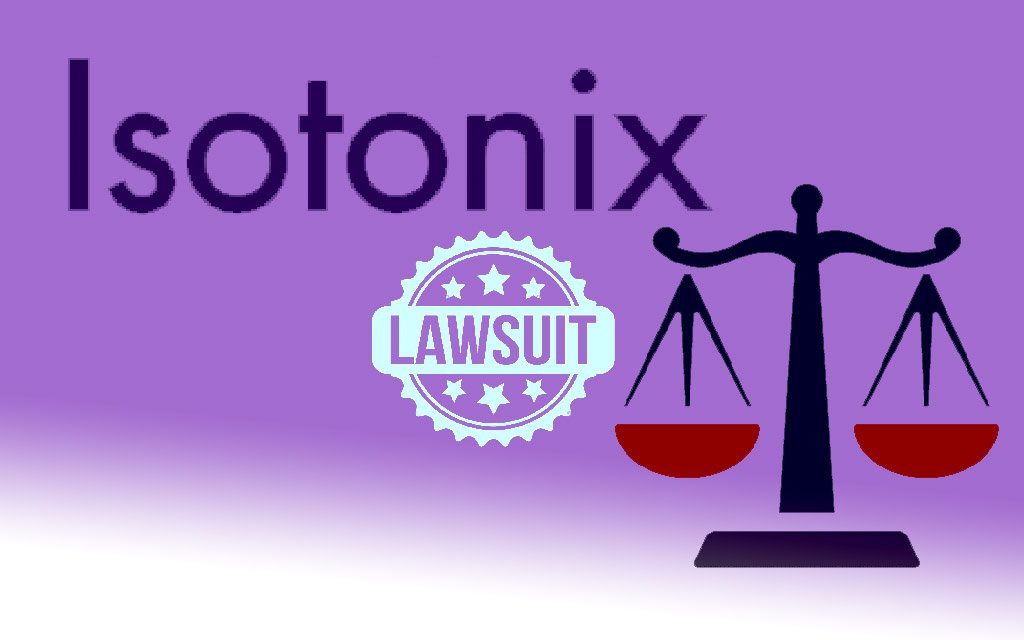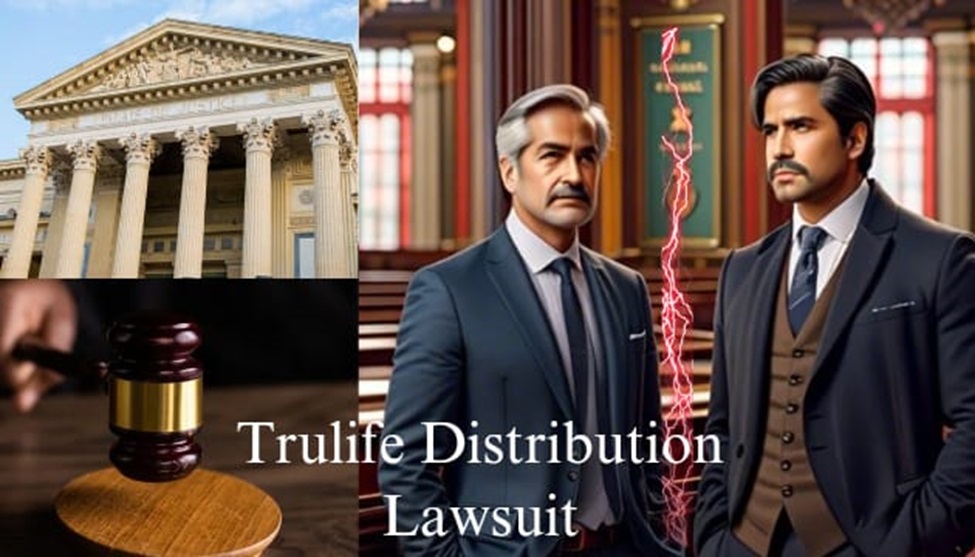The Candlelight Cabinetry Opco LLC lawsuits have gained attention in the cabinetry sector. There has been a flurry of legal and public attention due to allegations of fraud, breach of contract, and unethical business activities. This example illustrates more general problems impacting operational integrity and commercial ethics in the cabinetry market than the difficulties a single company faces.
Former employees, suppliers, and partners have made the accusations, alleging that their businesses were interrupted and their confidence betrayed. As this legal dispute progresses, it questions how businesses handle relationships, honor agreements, and preserve transparency. The verdict in this case has the potential to change the way the industry functions and establish significant precedents for business practices.
Candlelight Cabinetry’s History and Reputation
Candlelight Cabinetry Opco LLC started in 1990. It grew into a leading name in custom-made cabinetry. Craftsmanship, creative ideas, and environmentally safe materials were the foundation of the company’s reputation.
Office storage options, bathroom vanities, and kitchen cabinets are all part of their product offering. They serve interior designers, contractors, and homeowners. Their attention to detail and quality assurance were valued by their loyal clientele.
Despite its success, Candlelight Cabinetry now faces allegations that could tarnish its name. The lawsuit puts the company’s reputation and operations under intense scrutiny.
What the Lawsuit Alleges
The lawsuit accuses Candlelight Cabinetry of breaking key agreements. Plaintiffs include former business partners, suppliers, and employees. They allege significant financial and operational disputes.
Read also: Flavone-8-Acetic Acid Lawsuits: A Deep Dive into Legal and Scientific Challenges
Breach of Contract
The company allegedly failed to fulfill payment terms, timely deliveries, and promised services. Plaintiffs claim these actions disrupted their businesses.
Fraud Accusations
Candlelight is accused of misrepresenting its financial position. Allegedly, the company exaggerated its capabilities to secure agreements. This accusation could have serious legal consequences if proven true.
Unethical Business Practices
The lawsuit also points to practices that plaintiffs say violated ethical standards. These allegations add to the complexity of the case.
Court Developments and Ongoing Disputes
Since its filing, the lawsuit has seen significant legal activity. The court allowed key fraud and contract claims to proceed. This decision highlighted the seriousness of the allegations.
Candlelight Cabinetry has denied wrongdoing. The company filed counterclaims, accusing plaintiffs of not meeting their obligations. This back-and-forth has prolonged the legal process. Both sides are actively building their cases.
The case is now closely watched by industry players. Its outcome could set new standards for business operations in cabinetry.
Financial Risks for Candlelight Cabinetry
The lawsuit presents substantial risks to Candlelight’s finances. Legal costs are likely to rise as the case continues. A ruling against the company could result in hefty penalties.
Beyond legal fees, reputational damage may harm future sales. Customers might reconsider working with the company due to negative publicity. Relationships with suppliers and partners could also weaken.
The company may need to make operational changes to address internal weaknesses. This adjustment could impact production and delivery timelines.
What This Means for the Cabinetry Industry
The lawsuit has implications beyond Candlelight Cabinetry. It raises important questions about how companies conduct business in the cabinetry sector.
Stricter Contract Compliance
Companies may start demanding more detailed and enforceable contracts. Clear payment terms, delivery schedules, and penalties for non-compliance may become standard.
Increased Transparency
Businesses may face pressure to provide transparent financial information. This could help rebuild trust among stakeholders and prevent disputes.
Focus on Ethical Standards
This case highlights the need for ethical practices. Companies might adopt stricter guidelines to ensure fair dealings with partners and clients.
Industry Reactions to the Lawsuit
There have been strong reactions to the Candlelight Cabinetry lawsuit in the home improvement and cabinetry industries. In anticipation of how this case might establish new standards for agreements and collaborations, rivals are reconsidering their tactics. Additionally, contractors and suppliers are reviewing their contracts more closely, and many are enforcing more stringent requirements on the businesses they do business with.
According to legal experts, the lawsuit might lead to structural changes that would compel companies to give accountability, ethics, and transparency first priority. In order to safeguard stakeholders and advance equity, advocacy organizations have joined the discussion and are urging improved industry regulations. Future procedures in the cabinetry sector are probably going to be influenced by this increased understanding.
Candlelight’s Potential Response Strategies
Candlelight Cabinetry must act decisively to protect its business. The company may adopt several strategies to rebuild trust and credibility.
Strengthen Contracts
The company could revise its agreements to make terms more explicit. This approach may prevent future misunderstandings or disputes.
Improve Internal Processes
Evaluating and refining internal operations can address existing weaknesses. Enhanced oversight might prevent the recurrence of issues cited in the lawsuit.
Engage Stakeholders
Candlelight could increase communication with customers and suppliers. Proactively addressing concerns can help restore relationships.
Lessons for Other Businesses
Businesses in all sectors can learn a lot from Candlelight Cabinetry’s allegations. Contracts that are clear and strong are essential for preventing disagreements and guaranteeing productive collaborations. Clear communication and transparency increase stakeholder trust and lower the possibility of miscommunication or legal action.
Maintaining moral principles is equally crucial because dubious actions can seriously harm one’s reputation. Companies must also put risk management first by carrying out careful due diligence and getting ready for any obstacles. These lessons emphasize that in order to ensure their long-term success, businesses must conduct themselves with honesty and responsibility.
Key Takeaways:
- Clear contracts reduce the risk of disputes.
- Transparent financial practices build trust with partners and clients.
- Ethical operations enhance long-term business success.
Conclusion: The Future of Candlelight Cabinetry Opco LLC
The Candlelight Cabinetry Opco LLC lawsuit is a pivotal moment for the company. Allegations of breach of contract, fraud, and unethical practices could reshape its future. The case also underscores the importance of accountability and ethics in business.
As the legal battle unfolds, the cabinetry industry watches closely. The outcome could influence market standards and redefine industry practices. Candlelight must take steps to address the allegations and rebuild its reputation.
This case reminds all businesses of the value of transparency, compliance, and integrity. Lessons learned here could help shape a stronger, more trustworthy market for everyone.


